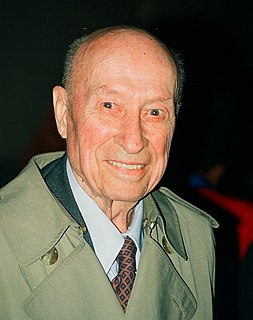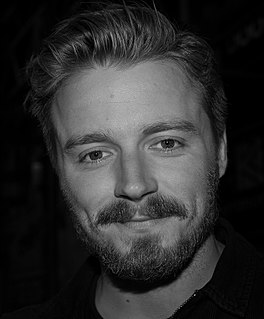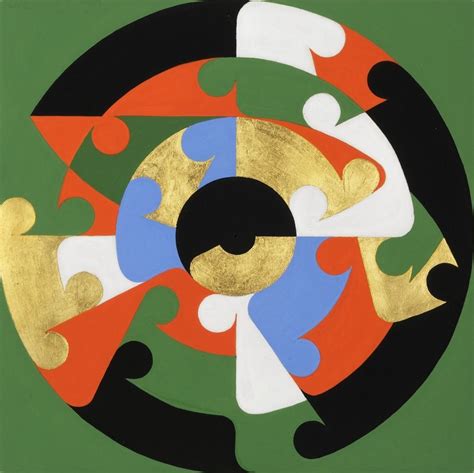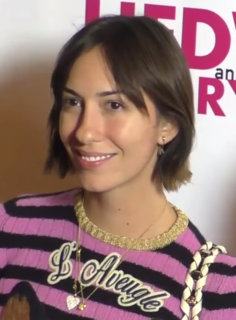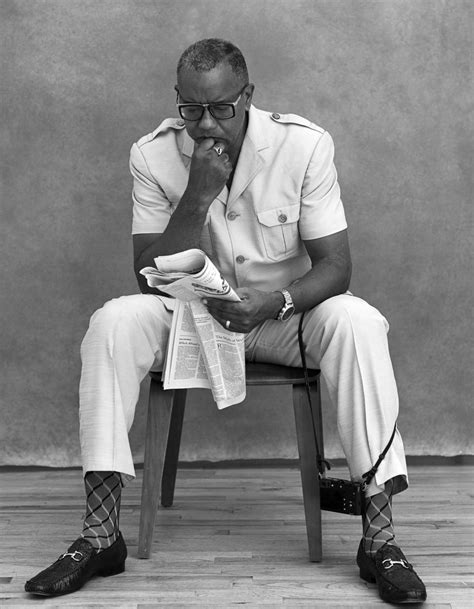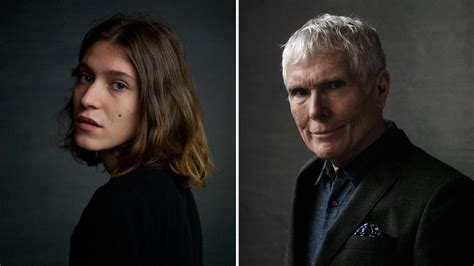A Quote by Harry Callahan
I wish more people felt that photography was an adventure the same as life itself and felt that their individual feelings were worth expressing. To me, that makes photography more exciting.
Quote Topics
Related Quotes
I collect art on a very modest scale. Most of what I have is photography because I just love it and it makes me happy and it looks good in my home. I also have a pretty big collection of art books mainly, again, on photography. A lot of photography monographs, which is great because with photography, the art itself can be reproduced quite well in book form.
Don't ask for the task to be easy... just ask for it to be worth it
Don't wish it was easier... wish you were better
Don't ask for less challenge... ask for more skill
Don't ask for less problems... and for more wisdom
It's the challenge that makes the experience.
Life and it's colour and meaning and adventure for you is this collection of experiences.
To wish them away is to wish your life away.
I didn't do well in high school, but I took photography, and I loved being able to capture moments. It led to more and more photography, and fashion was the angle into photography for me. It was incredible to see photographs by Irving Penn or Helmut Newton. I was really intrigued by that, and that's what led me to New York City.
Everything always looked better in black and white. Everything always looked as if it were the first time; there's always more people in a black and white photograph. It just makes it seem that there were more people at a gig, more people at a football match, than with colour photography. Everything looks more exciting.
People knew less of each other, perhaps, but they felt more free of each other, and so were more individual. The entire world was not for them only a push or a switch away. Strangers were strange, and sometimes with an exciting, beautiful strangeness. It may be better for humanity that we should communicate more and more.
To know whether photography is or is not an art matters little. What is important is to distinguish between good and bad photography. By good is meant that photography which accepts all the limitations inherent in photographic technique and takes advantage of the possibilities and characteristics the medium offers. By bad photography is mean that which is done, one may say, with a kind of inferiority complex, with no appreciation of what photography itself offers: but on the contrary, recurring to all sorts of imitations.
